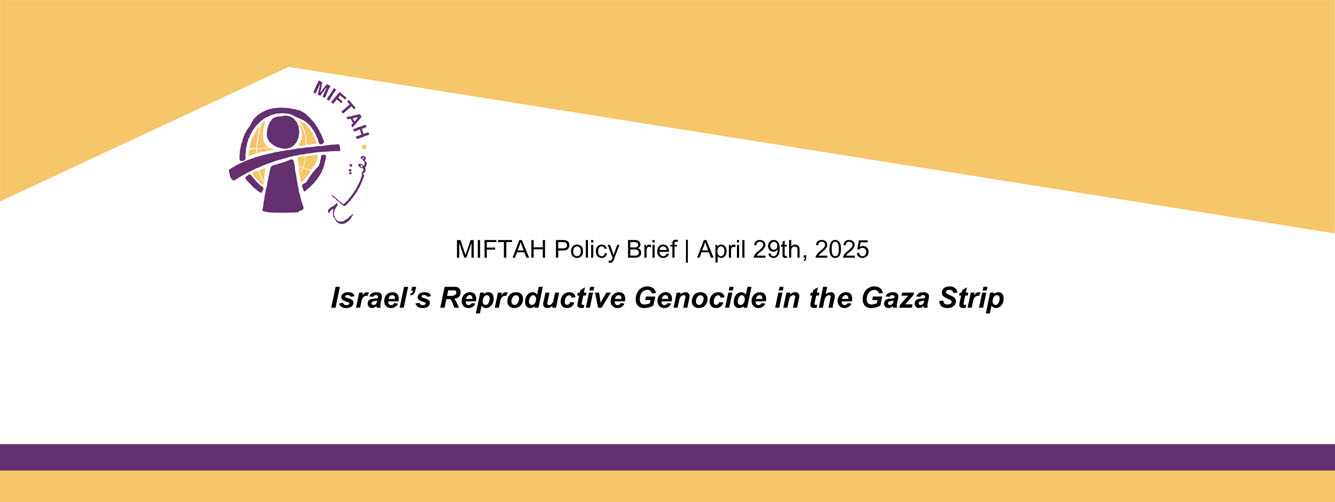Executive summary
a. The viability of a future Palestinian state will be determined by the strength of its institutions and its ability to sustain economic growth.
b. If the Palestinian Authority (PA) maintains its current performance in institution-building and delivery of public services, it is well-positioned for the establishment of a state at any point in the near future.
c. Implementation of the PA’s reform agenda accelerated significantly in the first half of 2010. Spending remained within budget targets and improved collection rates resulted in higher than projected domestic tax revenue. In the first half of 2010, tax revenues were nearly 15 percent above budget projections and 50 percent higher than in the same period in 2009.
d. Progress on major reform initiatives strengthened the PA’s fiscal position and included: (a) the merger of the European Union and World Bank funded social safety net programs into a Palestinian National Cash Transfer Program; (b) the approval of an Action Plan for Public Pension Reform; (c) the reduction of implicit electricity subsidies through the activation of the regulator and the northern West Bank distribution company; and (d) significant improvement in public resource management systems.
e. The West Bank economy continued to grow in the first half of 2010 and the real growth rate, combined with Gaza, is likely to reach the projected 8 percent for the year. Some of the increase in economic activity can be attributed to improved investor confidence and the partial easing of restrictions by the Government of Israel (GoI). The main driver of growth, however, remains external financial assistance.
f. Anecdotal evidence provides some positive signs that private investment is beginning to pick up in certain sectors. Managers in banks and loan guarantee programs have indicated that they are being approached by more entrepreneurs seeking financing for long-term projects. Between 2008 and 2009 alone, the number of newly registered enterprises jumped by more than 38 percent with declared capital in 2009 more than double of that in 2008 and, encouragingly, results from the first half of 2010 indicate that this year will be similar to 2009.
g. Sustainable economic growth in the West Bank and Gaza, however, remains absent. Significant changes in the policy environment are still required for increased private investment particularly in the productive sectors, enabling the PA to significantly reduce its dependence on donor aid.
h. The obstacles facing private investment in the West Bank are manifold and myriad, as many important GoI restrictions remain in place: (a) access to the majority of the territory’s land and water (Area C) is severely curtailed; (b) East Jerusalem -- a lucrative market -- is beyond reach; (c) the ability of investors to enter into Israel and the West Bank is unpredictable; and (d) many raw materials critical to the productive sectors are classified by the GoI as “dual-use” (civilian and military) and their import entails the navigation of complex procedures, generating delays and significantly increasing costs.
i. It is still too early to assess whether the recent partial relaxation of the Gaza blockade has revived its moribund economy. In any case, the impact on the private sector will be limited while the ban on exports continues.
j. Despite its improved fiscal performance and expenditure control within budget ceilings, the PA faces a shortfall in projected donor financing, possibly as high as US$300-400 million by the end of the year.
k. Unless action is taken in the near future to address the remaining obstacles to private sector development and sustainable growth, the PA will remain donor dependent and its institutions, no matter how robust, will not be able to underpin a viable state.
To View the Full Report as PDF (260 KB)







